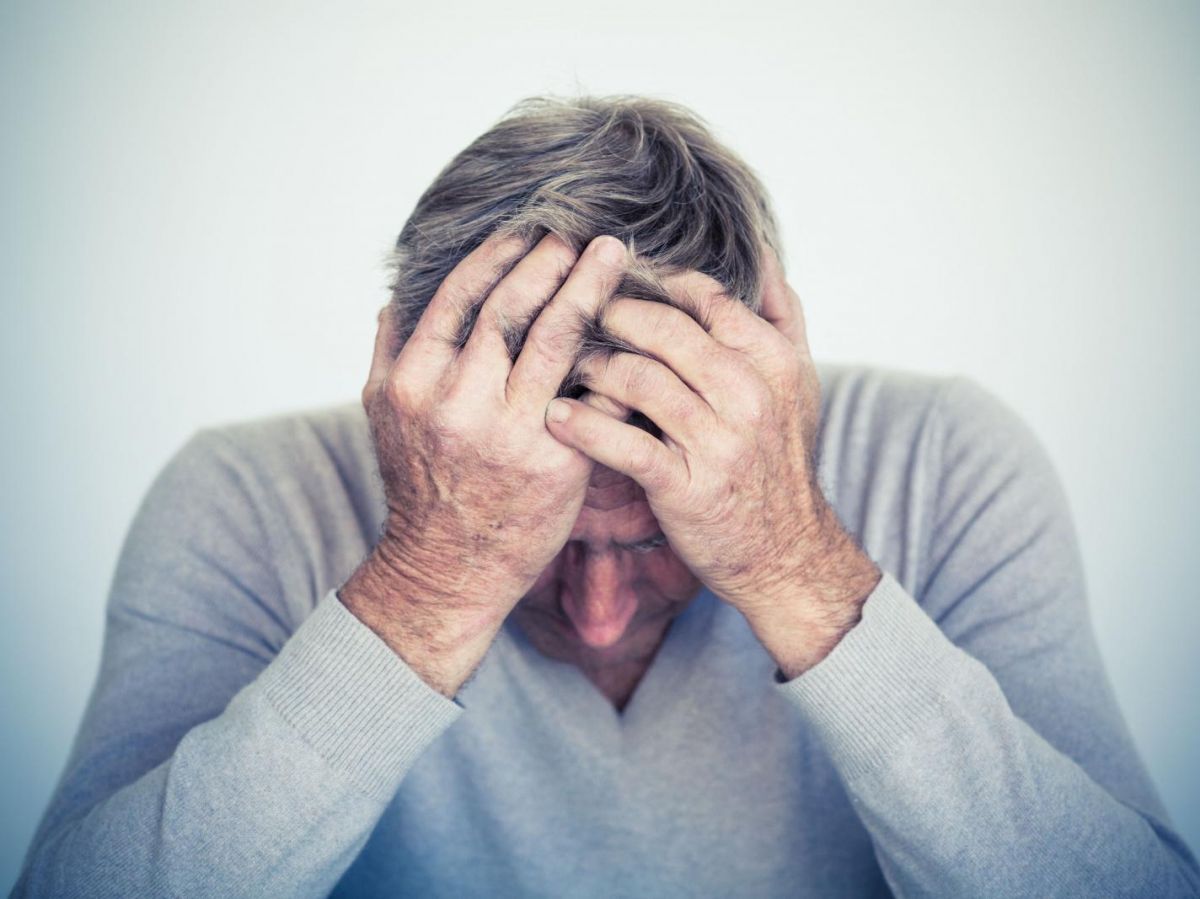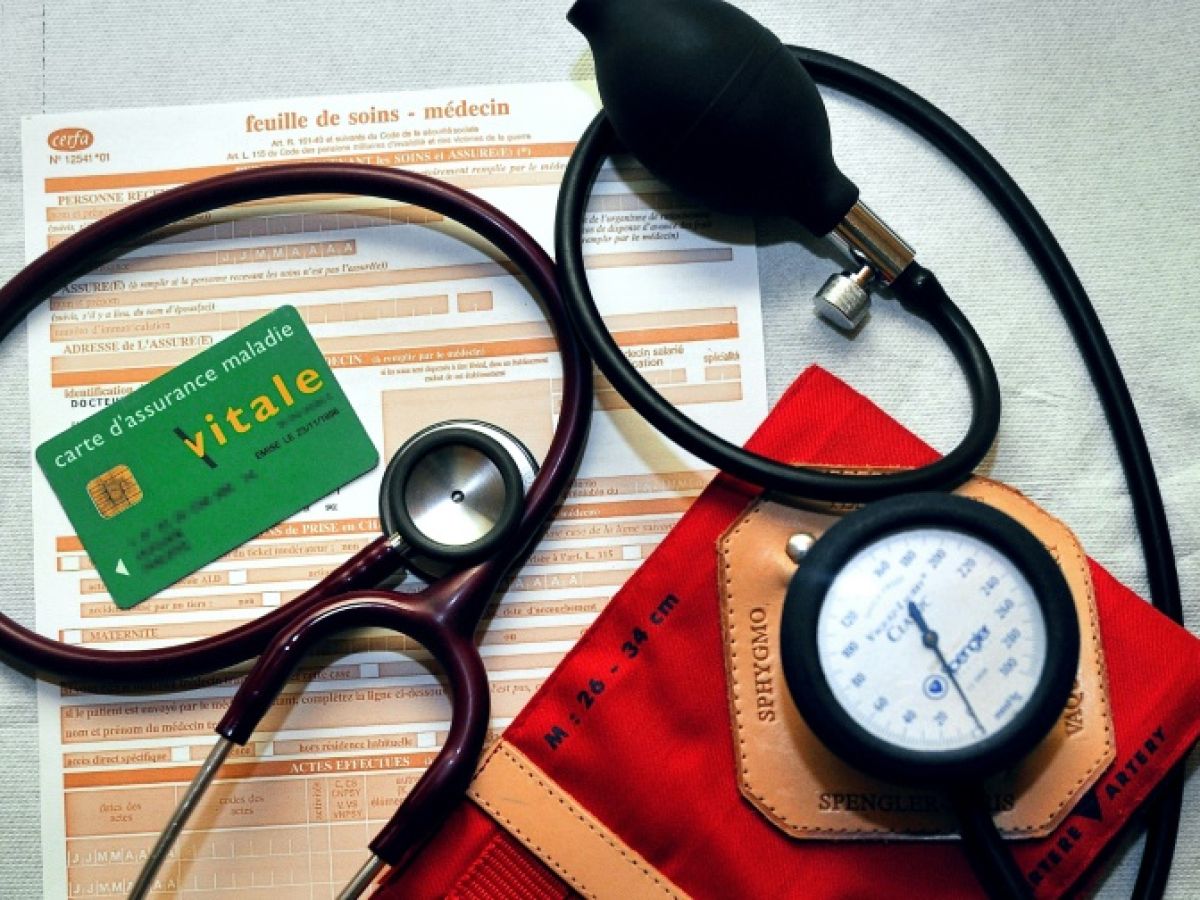Pierre Gagnepain is a researcher at Inserm. He directs the REMEMBER study, resulting from the “ November 13 » which aims to understand the control mechanisms associated with resilience. “Our goal is to study variations in the response to trauma”, he specifies Science and Future.
Science and Future : Before talking about resilience, can you explain to us what happens in the brain when we experience a traumatic event?
Pierre Gagnepain : Trauma causes a cascade of hormonal upheavals in the brain. Faced with intense stress, neurons and other cells secrete molecules of adrenaline, a hormone that plunges the body into a state of alert because it overactivates the amygdala. We then find ourselves overstimulated by our environment and we are unable to regulate our thoughts correctly. The brain is invaded by sensations, or external stimuli.
“The memory crystallizes and the hippocampus, damaged, is no longer capable of giving context to the memory. We then observe traumatic resurgences”
Do these mechanisms protect us?
To a certain extent, yes, this hypervigilance protects us, it allows us to react more quickly. This is why in low doses, stress often makes us more efficient, for example. But when the emotional response is very intense, it has harmful consequences in the brain. The neurons are affected. They overstimulate different brain areas including the amygdala, which detects threatening stimuli, and the hippocampus which helps form memory and consolidate memories in the cortex.
This is where things go wrong: memory no longer registers in the same way. The memory crystallizes and the hippocampus, damaged, is no longer capable of giving context to the memory. We then observe traumatic resurgences, that is to say that memories are violently imposed on the person, who has the impression of reliving them. This is one of the symptoms of post-traumatic stress. It's normal to remember negative events. This allows us to adapt our behavior. If you have had a road accident, it is likely that you think about it for a long time when you get behind the wheel. But it becomes problematic when you frequently think about it out of context. For example at the bakery, or at the beach.
Read alsoFor a microbiota and a brain in great shape: be resilient!
How can we fight against these negative effects of stress?
The brain is able to slow down the occurrence of memories. Imagine you are at work and thinking about your last vacation. You are able to put these thoughts aside to focus again. Traumatic resurgences are much more difficult to rule out, but there is a set of mechanisms to achieve this and more broadly to compensate for the negative effects of stress on the brain and the body. It's resilience.
So how does it work ? When a memory is encoded, it is recorded with several elements, such as faces, smell, perhaps music, etc. When it is replayed in the brain, all the regions corresponding to these elements become activated again. One of the mechanisms of resilience therefore consists of stopping this reactivation. We talk about inhibitory control. It is he who interrupts the cascade of information associated with the memory.
“We can stimulate the production of new neurons by playing sports”
What are the other mechanisms of resilience?
There are many, but among them we can talk about the emotional meaning. That is to say our way of interpreting what happens to us, positively or negatively. In fact, we have the capacity to transform the emotional meaning we give to a memory. This is part of the regulatory mechanisms that can reduce the impact that this event has on us.
Resilience also calls on other cogs, this time neurobiological. We know that the production of new neurons in the hippocampus is strongly involved in the establishment of healthy memory after trauma. This is called neurogenesis. In particular, it makes it possible to clearly separate the different memory traces. And the good news is that we can stimulate this neurogenesis! Thanks to physical exercise for example.
Neurogenesis makes it possible to properly separate the different memory traces. Credits: CHRISTOPH BURGSTEDT / Science Photo Library / Science Photo Library / CBR via AFP
Read alsoHow sport can help forget traumatic events
Can resilience be worked on then?
To a certain extent yes. Of course, there are factors that we cannot control. For example, we know that the size of the hippocampus is linked to our degree of resilience. An individual with a larger than average hippocampus is likely to be more resilient!
But what is certain is that resilience is not just a combination of innate factors. Various coping mechanisms will stimulate our resilience, or vulnerability, over the course of life. Facing frustrations or unpleasant situations, in a homeopathic dose if I may say so, builds our resilience. Research work on students demonstrates in particular that having been confronted with negative events increases certain resilience mechanisms.
However, it is obvious that trauma weakens! To better understand this ambivalence, we must imagine an inverse U-shaped curve. In small doses, these difficult situations stimulate the system, but when these traumas are severe, everything collapses.
To give yourself better chances, we can act on it. We have seen that physical activity stimulates neurogenesis, the pillar of resilience. Furthermore, certain cognitive therapies and mechanisms that regulate our attention and thoughts, such as meditation, also have great potential in this training.


